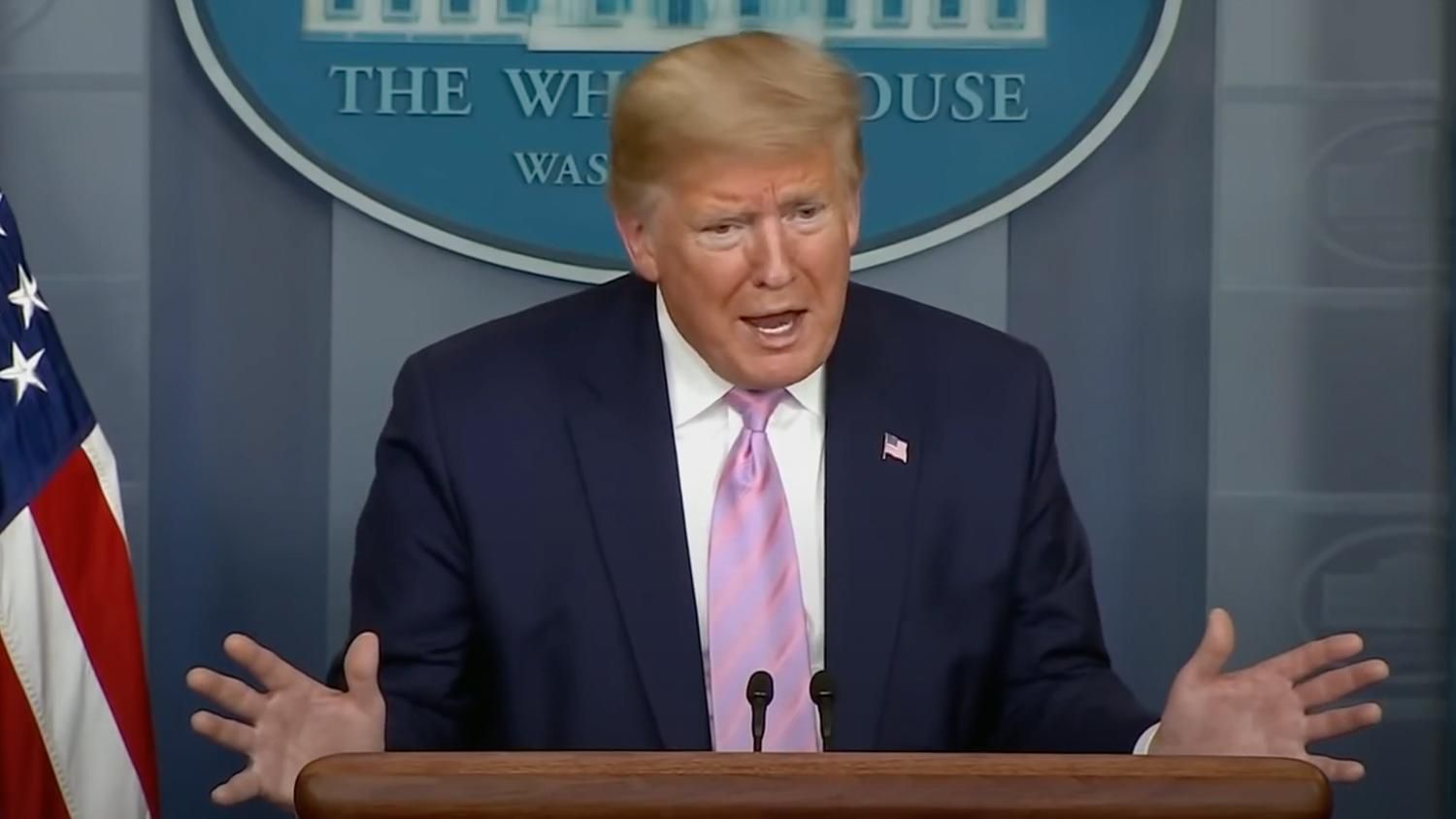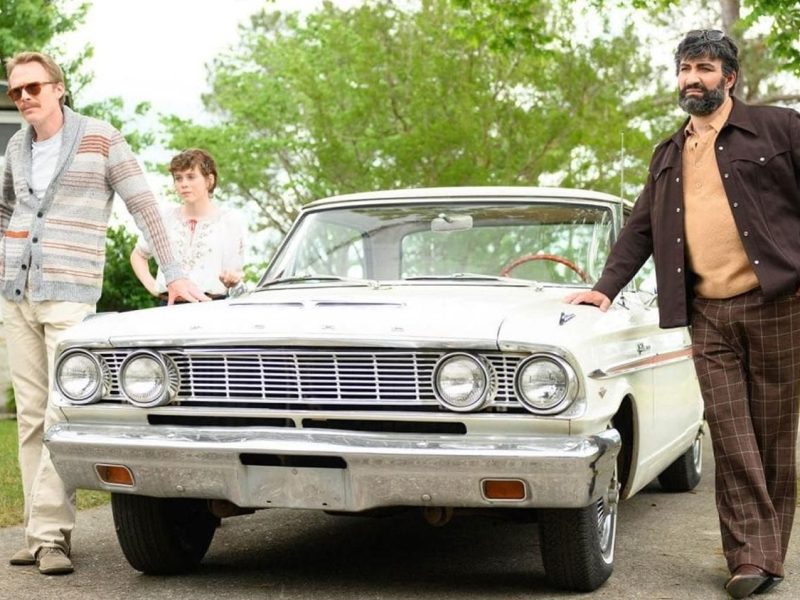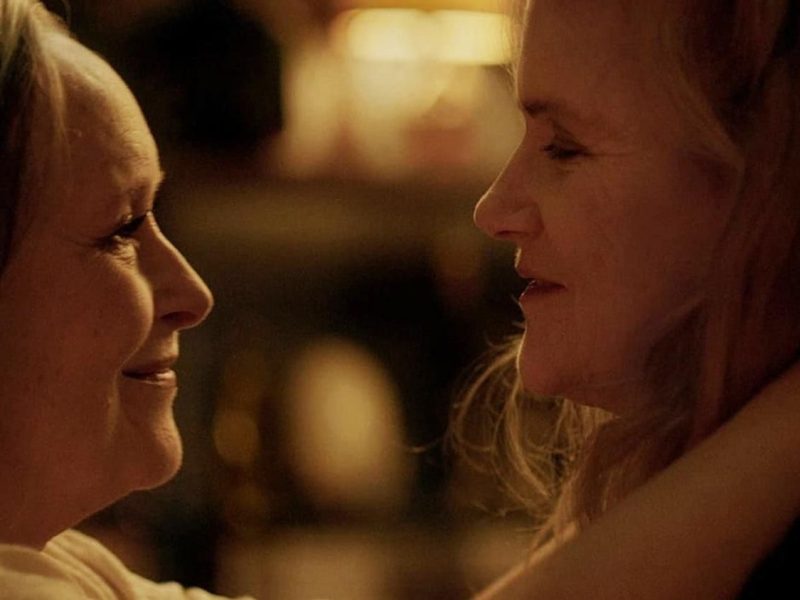Totally Under Control Review
The book is carefully timed to connect timed to coincide with an aptly timed release to coincide with American timing to coincide with the American election. Totally under Control is the kind of report card to assess how the Trump administration's approach to coronavirus. And the result is a fat, big A. Directors Alex Gibney, Suzanne Hillinger and Ophelia Hrutyunyunyan's film clearly not designed to provide a complete review; rather, the goal is simply to gauge the level of the response in America during the initial stages of the outbreak. The specifics as well as abbreviations (CDC, AMA, FEMA) are aplenty and quick almost exhausting, however, it's a powerful account of a major mistake and a call for action to avoid repeating the same mistakes.
In order to make the pre-election deadline, Gibney has worked on the same hot topics like Enron, Scientology and Catholic priests, called on film makers Hillinger as well as Harutyunyan to share the burden by coming up with creative ways to film the film in a safe environment, free of Covid. This included sending interviewees equipped with sterilised cameras so that they could act as their own cinematographers, conducting video interviews at conferences and filming behind elaborateplastic barriers as the participants comprised of journalists, insiders experts and whistle-blowers, relay their tales straight through into the camera. The method does not only suggest the filmmakers take the safety issues more serious as the president, but provides the impression this is a clear message from the front of a crisis.
It's truly terrifying.
Absolutely Under Control The title is derived from an informal comment made by Trump The report details the conflict between the realms of science and politics, and public safety and private enterprise. The film starts with a contrast of the way in which Trump has handled the Covid virus versus that from South Korea, which logged its first Covid instance that same day in the US (spoiler: South Korea has reported 354 deaths, while the USA — 200,000 as of). The film then examines the outbreak from many perspectives, from the struggle of medical professionals to be considered serious to the destruction of the Obama-initiated Global Health Security team, from the lack of PPE and the subsequent fights between states to ensure supplies, to the transfer of the problem from experts in medicine to business owners. Max Kennedy Jr, grandson of Robert Kennedy, joined Jared Kushner's taskforce on supply chain as a volunteer to be adrift in the twentysomethings trying to understand the way in which government procurement of medical equipment performed. It's truly terrifying.
We're bombarded by statistics (20 percent of the coronavirus death toll is from the US even though it is only 4.25 percent of the world population) There are a myriad of shocking Trump moments (his mistaken belief in the drug hydroxychloroquine, and his refusal to wear a face mask in the sanitized factory where the sound system plays 'Live And let die'), and some authentic revelations (an email chain called "Red Dawn" that was sent from medical professionals to Trump's staff). It's testament to his ability to weave the entire story into a cohesive, often engaging narrative, while illustrating his points by using (mostly Fox) news clips and powerful images of empty streets, and even an element of CG software that tracks the virus's invisible path from one person to the next.
The film is a bit tense however it is calm and the Trump-bashing mostly done through careful selection of clips, not by people spouting out insults. The film's final announcement on the title card that states that it was released at the time Trump declared he had contracted Covid-19. The film is a mix of the admission by the journalist Bob Woodward that he knew from the beginning how deadly the disease was, Totally Under Control comes to an unsettling but simple conclusion The catastrophe could have been easily prevented.


